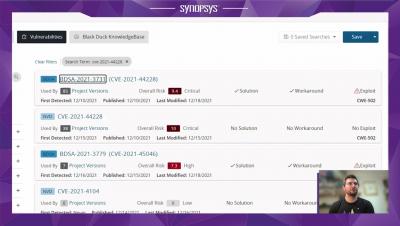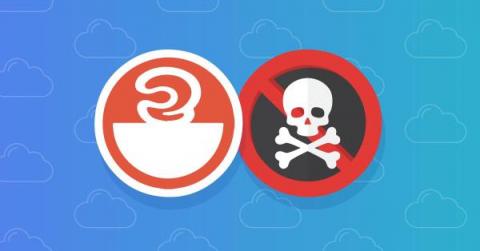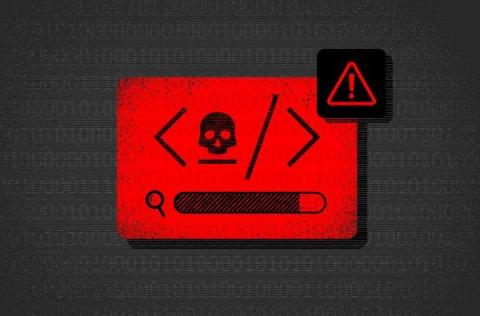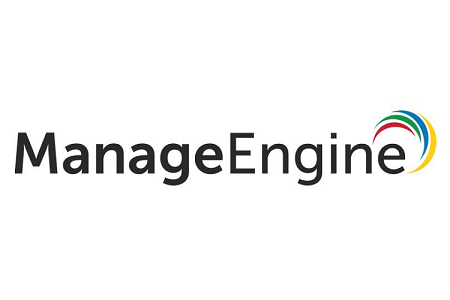It takes a community: Responding to open source criticism post-Log4Shell
The last week has been a wild ride for just about everyone in the technology world due to the public disclosure of the Log4Shell vulnerability. As a developer security company, Snyk has built our business around proactive automation to identify and fix security issues in applications. To say we’ve been busy this week would be an understatement.










